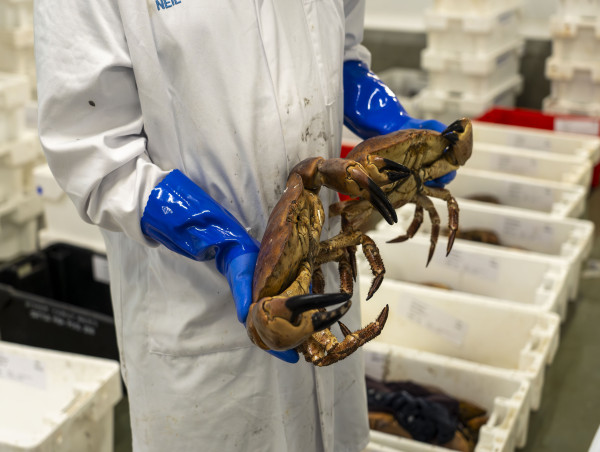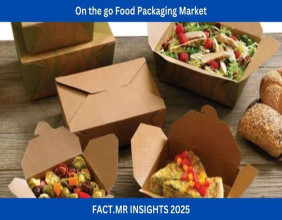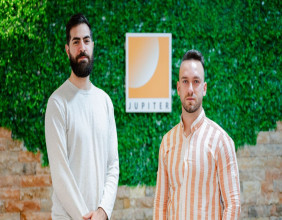Animal welfare organisation Crustacean Compassion has hit out at the UK seafood industry over new voluntary codes of practice released last week, which fail to protect crabs, lobsters and prawns from agonising injuries and deaths.
The UK Government legally recognised the ability of these animals – decapod crustaceans - to feel pain with their historic inclusion in the Animal Welfare (Sentience) Act 2022. Since then, the seafood sector has been waiting for guidance on how to protect these sentient creatures from current and routine inhumane practices in the food supply chain.
This guidance was published by Seafish on Friday 02 August 2024, but Crustacean Compassion says that the long-awaited codes, developed by industry bodies1, are not strong enough and are “a missed opportunity” to improve animal welfare and boost the reputation of UK seafood.
Cruel practices causing immense suffering are still permitted and include:
Boiling aliveFreezing to deathTearing animals apart while still aliveRemoval of their clawsCutting of tendons to immobilise clawsThe sale of live decapods to members of the public
Although the documents do describe best practice in some cases, the codes are voluntary, and companies are not obliged to follow the guidance. This means hundreds of millions of vulnerable animals2 will continue to be tortured to death every year, including by home cooks.
Smoke and mirrors
Dr Ben Sturgeon, CEO of Crustacean Compassion, said: “The seafood industry is using smoke and mirrors to give the illusion of improving animal welfare whilst still allowing animals to suffer needlessly. The codes were a chance to build on the recognition of sentience in decapod crustaceans, but instead they are an exercise in doing nothing and will set back welfare standards for years to come. We’ve developed our own codes3 that clearly outline what higher welfare looks like for decapods and we encourage all seafood businesses to follow these if they want to be fit for the future.”
Crustacean Compassion argues that the industry’s codes fail to protect not only decapods, but also a struggling seafood industry that needs to keep in step with consumers’ expectations.
Supermarkets are setting the pace
While most of the seafood industry has been dragging its feet over welfare improvements, some supermarkets have taken the lead by demanding more for decapods. In its annual report on welfare standards in the food industry (The Snapshot)4, Crustacean Compassion found clear evidence of positive progress among industry leaders.
“With public awareness around decapod welfare growing rapidly, we’re seeing more retailers respond by setting a higher bar for their suppliers,” Dr Sturgeon said. “People want to feel good about the food they eat, and they expect supermarkets to ensure the highest standards of animal welfare.
“Companies such as Marks & Spencer and Waitrose are starting to insist on higher welfare crustacean products for their customers, so suppliers who don’t meet those standards will soon be frozen out.”
New government must not let welfare slip through the net
Crustacean Compassion is calling on the new Labour government to reject the industry’s codes of practice and to include decapods in the Animal Welfare Act. Having been recognised as capable of feeling pain and suffering, these fragile animals should be protected in UK animal welfare legislation.
Dr Sturgeon added: “At a time when the UK government, and the fishing industry, seeks to encourage more people to eat British seafood, it is vital that the high welfare expectations of today’s consumers are met. The UK is rightly proud of our standards of animal welfare – it is only fitting that these levels increase as our scientific understanding of sentience and other welfare factors improves.”
In conclusion, the codes do not represent an advance in welfare or support the seafood industry to address urgent welfare and environmental issues. By ignoring legislative change, excluding certain species and promoting ongoing cruel practice, these codes leave the industry exactly as it was before.
Distributed by https://pressat.co.uk/





